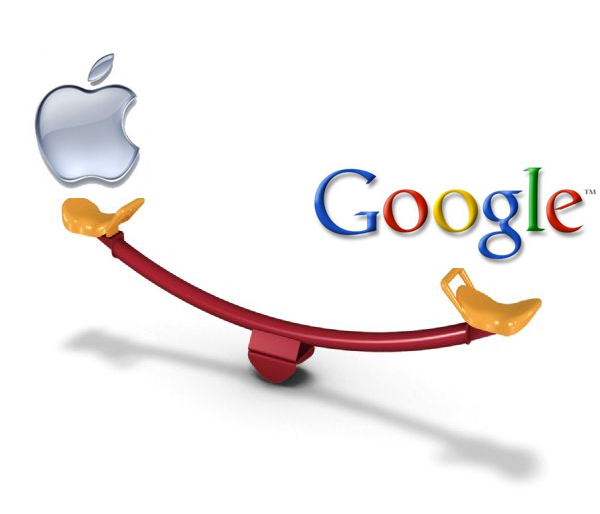Two of tech world's biggest competitors, Google and Apple are busy in a clean-up act after two of their latest high profile launches - Google Photos and Apple Music messed things up quite a bit.
With Apple Music, the Cupertino based company is accused of complicating things up unnecessarily even when Spotify has on offer a much simpler interface and functionality. As summed up by Jordan Kahn of 9to5Mc, while it requires just 4 taps to initiate playback of songs of a particular artist, the same will require 14 taps for Apple Music.
Users of Apple Music have also voiced their concern regarding contents given the lack of even some of the most sought after artists who are available on rival Google Music but are conspicuously missing on Apple's streaming service. These include the likes of The Beatles and The Black Keys.
Users have also not taken too kindly the missing Home Sharing support feature post the update to iOS 8.4. Users prior to this version had the ability to access their iTunes library on home network with any of their iOS devices. While none is sure of the exact reasons behind the move, many suspect it could be a ploy to lure users into singing up for Apple Music family plan costing $14.99/month that provides access to 6 devices.
Unfortunately, these are not all the woes to be experienced with Apple Music since users also reported running into a lot of issues concerning the lack of certain features. These include the lack of built-in lyrics or collaborative playlist. The latter allows more than one user to add tracks or sharing playlist which provides it with a community feeling and is available on rival service Spotify.
Coming to Google Photos, the new app allows for auto tagging and auto arrangement based on the content of the photos. However, the app led to a lot of embarrassment for the search giant after an African-American programmer and his girlfriend was repeatedly auto-tagged as gorilla.
Google's chief social architect Yonatan Zunger was quick to tender an apology saying they have had issues with facial recognition for various skin tones in varying lighting conditions.
"We used to have a problem with people (of all races) being tagged as dogs," Zunger was quoted saying to Verge.



























